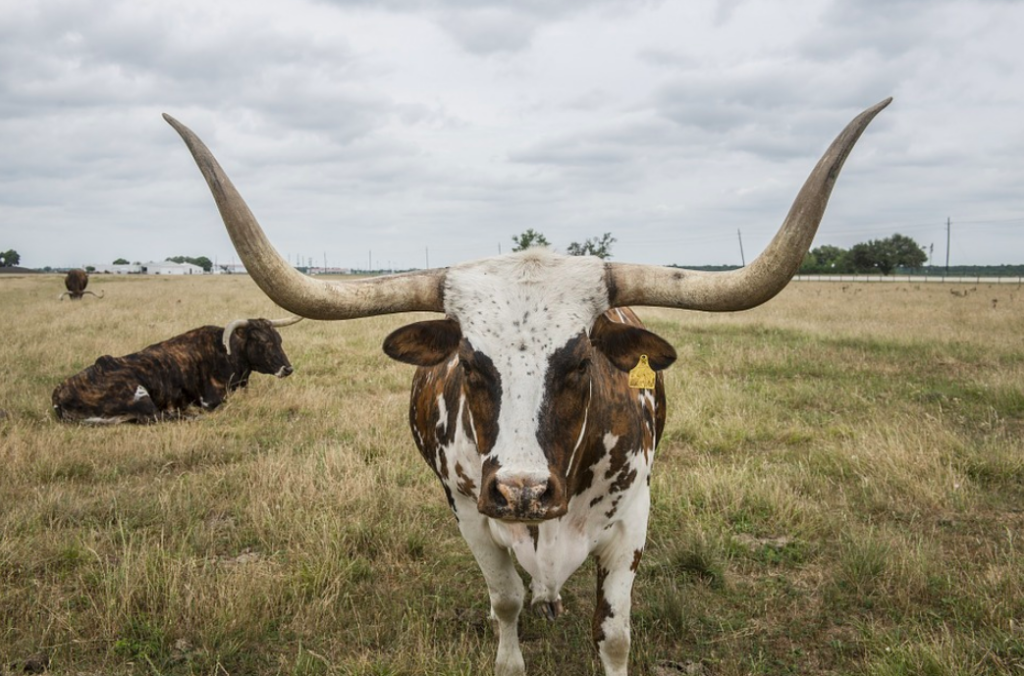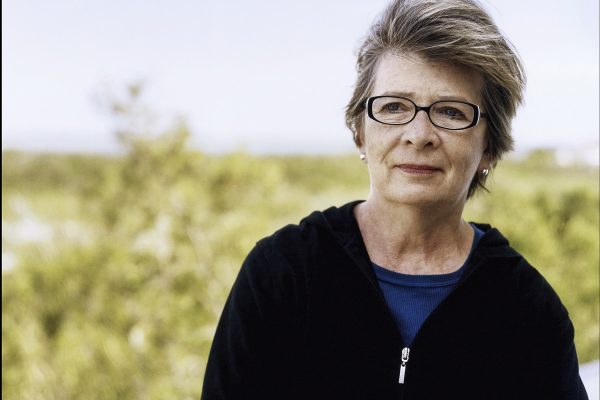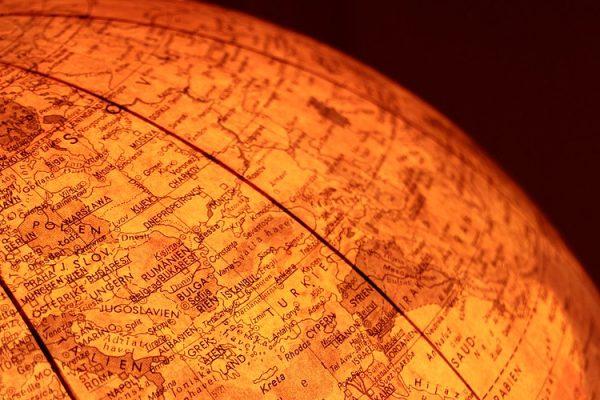Agnes Mulindwa’s days are packed. The 46-year-old lives in the village of Butale, Uganda, near the northwest coast of Lake Victoria. She raises fifteen children. Five are her own, and ten are nieces and nephews who became her responsibility when her brother passed away.
But her charges don’t end there. She also raises cows. This is her second try at dairy farming. The first time, about a decade ago, she received a cow from a U.K.-based organization called Send a Cow. Her plan was to use some of the cow’s milk to nourish her family and then sell the rest at market. But it didn’t work out. She did not know how to care for a cow and had little access to veterinary services. Even if she could find health care for her cow, there was no way to pay the fees. But the biggest problem was that even when her cow produced enough milk for market, it was difficult to sell it.
Small dairy farmers across Uganda, Kenya, and Rwanda faced similar problems. Dairy processing plants would send agents on motorbikes or trucks long distances to collect milk from individual farmers. But many times the agents did not arrive. Milk often spoiled before it reached its destination. Quality was never consistent, and neither were prices. Dairy processors used their upper hand to pay rock bottom.
Then, in 2008 a group of partners including the Bill & Melinda Gates Foundation and Heifer International helped to start the East Africa Dairy Development (EADD) project to build a profitable dairy industry in Rwanda, Uganda, and Kenya. The motivation behind the program was to give small farmers the tools, knowledge, and resources to sustain their cows, grow the industry, and gain experience managing businesses. Mulindwa soon signed up.
EADD’s first step was to organize groups of farmers into cooperatives that own and invest in chilling plants, central locations where members collect milk to sell in bulk to larger processors. Through cooperatives, the farmers can negotiate contracts, set what they consider fair prices, and receive regular monthly payments.
The cooperatives also provide banking and credit via member-owned financial service associations. Through her cooperative, Mulindwa received training in feeding and breeding techniques. She also traveled under its auspices to Kenya to learn about dry-season feeding. Mulindwa now owns several cows and sells milk daily. With the profits, she has bought seeds to grow cabbage and other crops for market as well. She and her husband have built a house for their large family, and their children attend school.
EADD is not just lifting families out of poverty. As dairy farmers move beyond subsistence, they see their long-term economic success connected to the success and stability of the region. This emergent class of business-minded farmers cares about infrastructure and can acquire and wield the political muscle to protect itself and its interests. If EADD’s members continue to thrive and grow as a political force, there is hope for a sustainable middle class in East Africa.
But not everyone believes in working with individual farmers in rural villages to create sustainable development from the ground up. Many experts and NGOs dislike the approach. Some favor large-scale, top-down projects that are rooted in country capitals and government offices. And the long-term goals are difficult to communicate to potential donors who want quick solutions to suffering in drought-ridden or disaster-prone regions. As one Heifer staffer told me, “Organizations like Heifer often don’t get as much attention as those that respond immediately to natural disasters or famine crises.”
The fights among development experts go on, but Agnes Mulindwa doesn’t much care. She is too busy. She has crops to plant, children to feed, cows to milk, and milk to sell. And, if you ask her, that’s a step forward.








